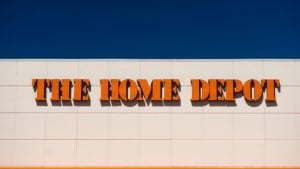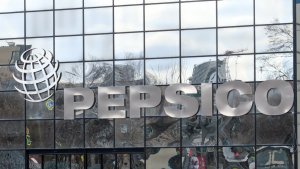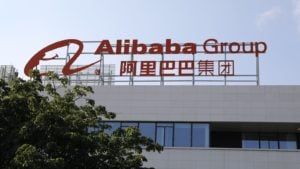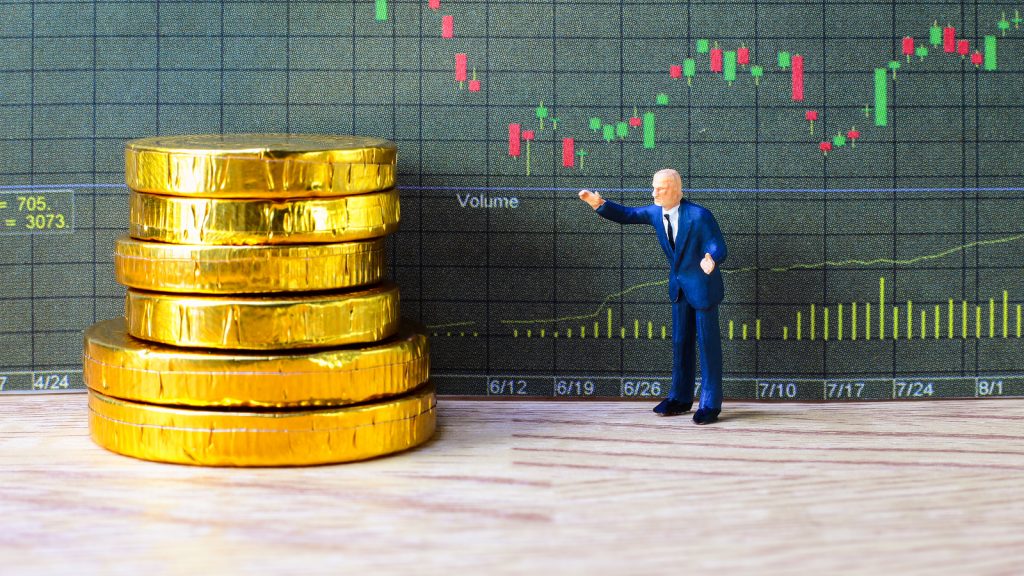Hedge funds could be an excellent option to follow as many have access to insider information and have influential clients. The sole purpose of these hedge funds is to keep their clients’ portfolios growing at a stable pace for a very long time. The resistance of these hedge fund portfolios was tested in the coronavirus recession, in which they took a much more minor hit than the broader market. This makes hedge fund stocks seem like a safer investment in this volatile market.
In 2022, we might be staring down a recession as the Federal Reserve’s (Fed) efforts to slow down inflation haven’t worked. Inflation has kept rising. If it continues, there will likely be much more aggressive rate hikes from the Fed. However, that does not mean that hedge funds have emptied their portfolios. Instead, many hedge funds have accumulated resistant stocks for the long term.
If you are looking to build a retirement portfolio or looking for stable growth, the following seven hedge fund stocks could be a good buy:
| Ticker | Company | Price |
| HD | The Home Depot, Inc. | $295.14 |
| SNAP | Snap Inc. | $13.49 |
| UNH | UnitedHealth group Incorporated | $525.98 |
| PEP | PepsiCo, Inc. | $169.38 |
| LMT | Lockheed Martin Corporation | $384.83 |
| BABA | Alibaba Group Holding Limited | $102.07 |
| KO | The Coca-Cola Company | $62.13 |
Hedge Fund Stocks: Home Depot (HD)

Home Depot (NYSE:HD) is among the largest retail stocks and is a regular dividend payer. Although the stock hasn’t been the best performing this year, HD is still a good asset to hold for the long term. The retail industry has held strong so far this year and has been historically resistant to recessions.
In addition, Home Depot has stable finances and a strong brand name, which will help it keep steady during a recession. Of course, HD’s current price-to-earnings (P/E) ratio is relatively high. However, I believe it can still deliver a profit if you hold for the long term.
Snapchat (SNAP)

Snapchat (NYSE:SNAP) crashed more than 85% after a post-pandemic bull run which made the stock rise by 723%. Although the stock is not the best performing and the company is not yet profitable, six of the top ten institutional holders have bought more SNAP stock.
It is important to remember that all those buys happened while Snapchat was on a clear downtrend. SNAP is currently showing signs of bottoming out and we might see accelerated buying of the stock by hedge funds once they publish their Q2 reports.
Hedge Fund Stocks: UnitedHealth Group (UNH)

UnitedHealth Group (NYSE:UNH) is a healthcare and insurance company. UNH stock has continued to grow despite the bearish market. Moreover, it could continue to grow due to the boom in the healthcare industry. The stock has historically been in a stable uptrend with quick recoveries from recessions.
Nonetheless, investors should be careful about UNH stock even if they are investing for the long term. The state of the stock does not seem sustainable in the current market. Thus, investors should wait until a correction before they build a position in this stock. Investing in alternate stocks, for now, is a better idea.
Of course, seven of its ten owners have expanded their ownership as of the first quarter (Q1). However, Q2 has just ended and it is better to wait for updated disclosures before investing.
PepsiCo, Inc. (PEP)

PepsiCo, Inc. (NASDAQ:PEP) is a no-brainer in the current market. The stock is among the most stable and it is among the largest companies in the world. This stock offers exceptional stability and long-term growth prospects and hedge funds have rightfully started to accumulate it.
In addition, PepsiCo has very stable finances, which has helped the stock resist downturns. The stock has been up 12.53% since last year. However, it could go down in the short term due to its high P/E ratio. Nonetheless, I believe PEP will continue outperforming the market and remain an excellent long-term asset.
Hedge Fund Stocks: Lockheed Martin Corporation (LMT)

Lockheed Martin Corporation (NYSE:LMT) is being accumulated by at least eight of its top ten holders as of Q1. The U.S. military is its largest customer and will bring the company a lot of profit due to the war in Ukraine. In addition, defense spending in the U.S is unlikely to slow down despite a recession, which could keep Lockheed Martin’s financials healthy.
Many other European countries are also boosting their military budgets significantly. Thus, they are likely to buy military hardware from Lockheed Martin. It is important to remember that Lockheed Martin produces the F-35 Lightning II. The F-35 is arguably the most advanced fighter jet the public knows of. Moreover, the company isn’t limited to just the Air Force and produces a broad range of military equipment that the government needs to upkeep and service. With that in mind, it is easy to see why so many hedge funds are accumulating the stock.
Alibaba Group Holding Limited (BABA)

Alibaba Group Holding Limited (NYSE:BABA) is a Chinese e-commerce and retail company. The company peaked in October 2020 and had been on the decline for more than one and a half years. However, it is now making a comeback and has been up by 20% in the last month.
Moreover, China’s tough coronavirus lockdowns are over, as daily cases have now fallen to the hundreds. Thus, Alibaba could start recovering its finances, as well. Of course, the current state of Alibaba’s profitability is relatively poor. However, the stock is making a comeback with China reopening. I believe Alibaba will likely become profitable again as revenue has continued to grow steadily.
Hedge Fund Stocks: The Coca-Cola Company (KO)

The Coca-Cola Company (NYSE:KO) had zero of its top ten holders sell the stock, while nine accumulated it in Q1. The company has stable finances and the stock has been steadily growing in the long term.
Coca-Cola has also recently made a turnaround in its finances, with revenue and net income growing at 16.31% and 23.88% year-over-year last quarter. The company is a regular dividend payer, paying dividends for 60 consecutive years and increasing its dividends for the previous 25.
On the date of publication, Omor Ibne Ehsan did not have (either directly or indirectly) any positions in the securities mentioned in this article. The opinions expressed in this article are those of the writer, subject to the InvestorPlace.com Publishing Guidelines.
